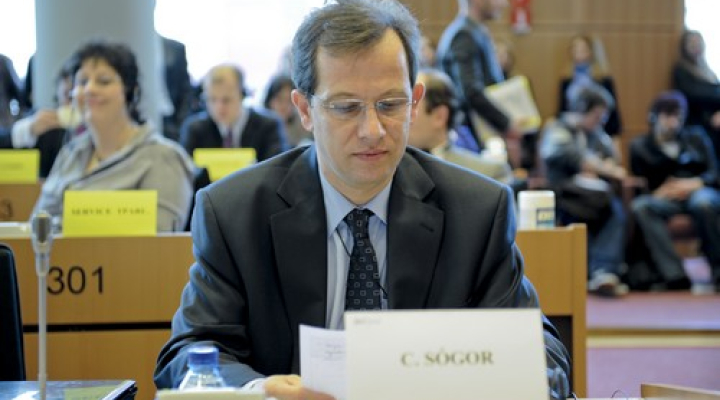The issue of Hungarian university education in Transylvania debated in Brussels
On 13 November, to celebrate its creation in 1908, the Swedish Cultural Foundation in Finland (www.kulturfonden.fi) organised in Brussels its fifth high-level conference on linguistic, education and cultural rights of traditional national minorities from Europe. The theme of this year’s conference was “Education – a practice that defines our whole life”.
Participants at the event presented education systems based on models from Flanders, Catalonia, Sweden and Finland. Through the guests invited by Csaba Sógor those present could hear for the second consecutive year about the life of the Hungarian community of Transylvania. ”It gives me great satisfaction to have the possibility to invite experts from Transylvania to the events organised by Svenska Kulturfonden so that they may connect to the professional network of minority communities”, said the MEP.
Last year dr. István Horváth presented the ”Igen, tessék/Da, poftiți!” (Yes, please – in Hungarian and Romanian) project, while this year Emőd Veress, lecturer at Sapientia University talked about the situation of Hungarian university education in Romania and its problems that are unresolved until today. Offering statistical data, Veress presented in a chronological order the several century old history of Hungarian university education from Transylvania up until the dissolution in 1959 of the Bolyai University, also giving a precise presentation of the Romanian universities created after 1989.
He also emphasized that the expectations of the strong Hungarian community of 1.2 million from Transylvania is justified. Citing professor David Randall from Kingston University, the university lecturer declared that at present Romanian university education is highly politicised, but in case the government intends to respect European standards, it must consider the expectations of all its citizens.











